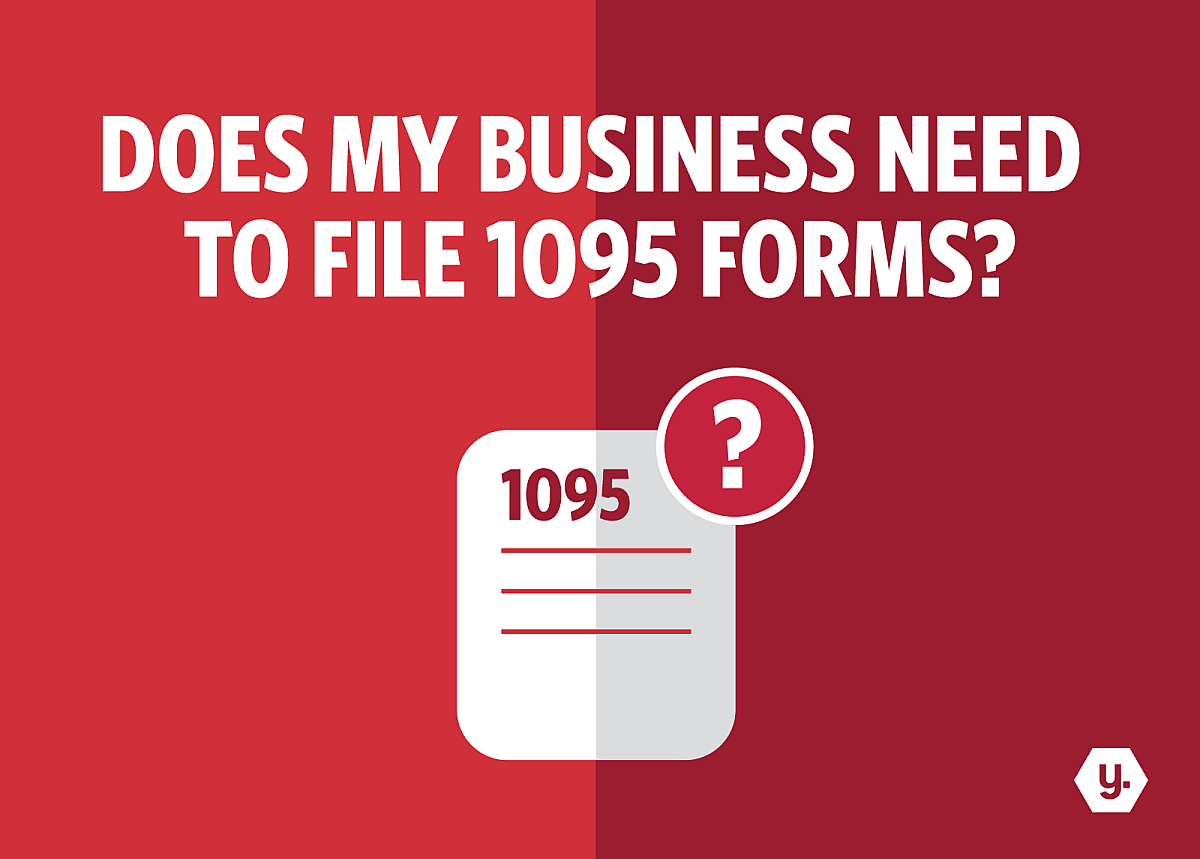
What Happens If Your Business Doesn’t Send Employees a W-2 or E-File to SSA?
Each year, experts will tell you to file W-2 forms to your employees and make sure you file correctly and on time. But why is it so important to do these things and do them right? Greatland Corporation explains a bit more in detail about the importance of filing, the penalties of not filing on time or at all and what it could mean for your employees.
As states begin requiring earlier filing to match the federal timeframe, it means a tighter turnaround time to get W-2 forms out to employees and to the Internal Revenue Service (IRS) by January 31, 2019. The federal government requires a business to file W-2 forms with the Social Security Administration (SSA) for each employee, with an additional copy to the worker. If your business employees 250 people or more, the IRS requires the W-2 be e-filed, however, those with fewer employees are still allowed to use paper.
There are penalties in place for businesses who do not file on time and who do not e-file to the SSA when appropriate. Those penalties include:
- For a business with gross annual receipts over $5 million, the penalty is $30 for each W-2 if the business makes the correction within 30 days of the due date, with a $250,000 yearly maximum. If filing after March 30 but on or before August 1, the fine doubles to $60 for each W-2, with a $500,000 yearly maximum. If the business does not file at all or files later than August 1, it increases to $100 for each W-2, with a yearly maximum of $1,500,000.
- A small business is defined as average gross receipts no greater than $5 million for the three previous tax years. The maximum annual penalty for a small business for filing less than one month late is $75,000. The small business maximum for filing late but by August 1 is $200,000; after August 1, it is $500,000 per year.
- Employers must deliver W-2s to employees by the last day of January. If statements are late or incorrect, employers will incur the same penalties as for late or incorrect forms.
- Using paper if your business is required to e-file or filing illegible forms to the SSA may result in a fine.
As a business owner, it is vital to also think about your employees. If you are late sending out W-2 forms or forget to file, that leaves employees upset and potentially unable to file their own taxes on time. These setbacks for them could lead to additional headaches for you and your human resources department and take away from precious work hours if employees are dissatisfied with process.
The bottom line: your business could lose money needlessly if you do not adhere to filing deadlines and best practices. Your employees could also end up paying the price for your unpreparedness. Be prepared, know your deadlines and keep your hard-earned money in your pockets.
Latest News
-
 November 25, 2025
November 25, 2025New Alternative Furnishing Method for Forms 1095-B and 1095-C Comes with Complexities
The IRS has updated the Affordable Care Act (ACA) reporting process for Forms 1095-B and 1095-C. These changes aim to reduce administrative costs and simplify reporting, but they also create new compliance challenges for employers and health insurance providers.Read More -
 October 8, 2025
October 8, 2025Your Business Guide to 1099 Filing in 2025: Deadlines and Compliance Tips with Yearli
Businesses must prepare for 2025 IRS 1099 filing by understanding key deadlines for Forms 1099-NEC and 1099-MISC and leveraging e-filing tools like Yearli to stay compliant. This guide outlines important dates, recent IRS updates, and practical tips to avoid penalties and streamline the filing process.Read More -
December 30, 2024
Understanding Form 1099-DA: A Comprehensive Guide to Filing for Digital Asset Transactions
As the use of digital assets like cryptocurrencies and non-fungible tokens (NFTs) continues to grow, so does the need for clear tax reporting guidelines. To address this, the IRS has introduced Form 1099-DA, which will be required starting in 2025.Read More
